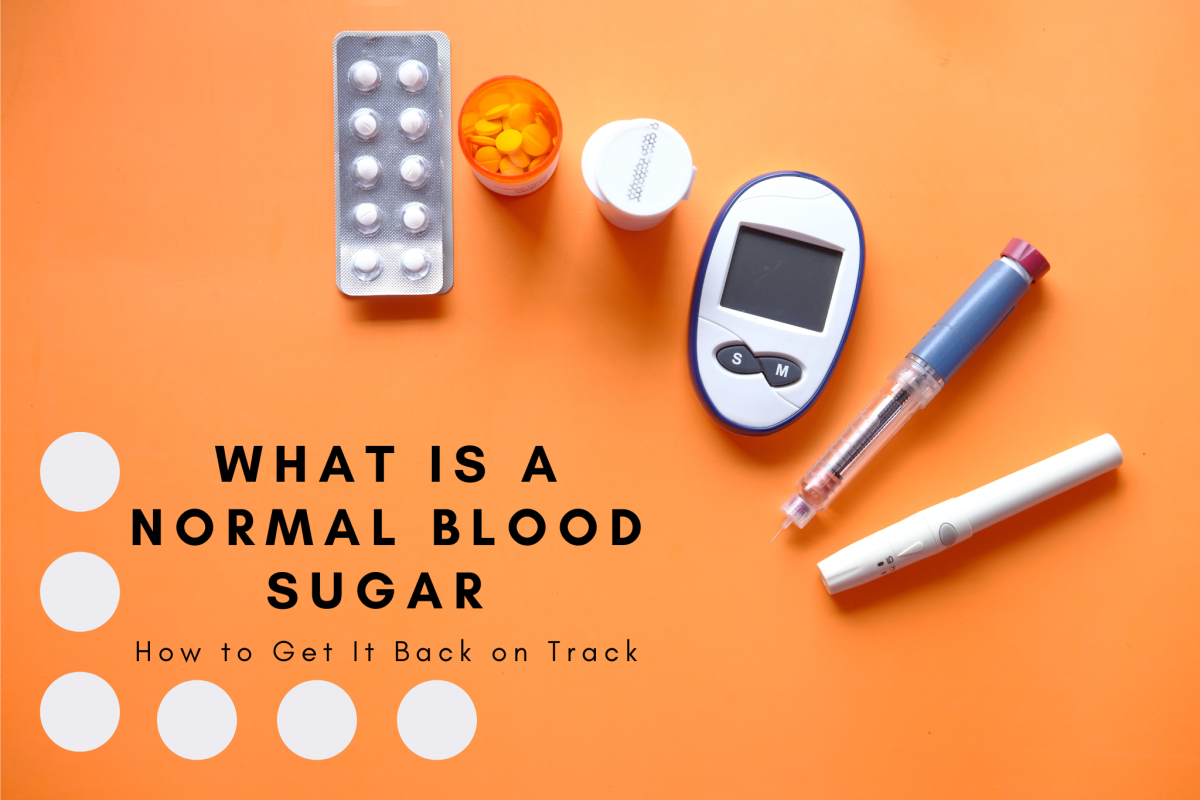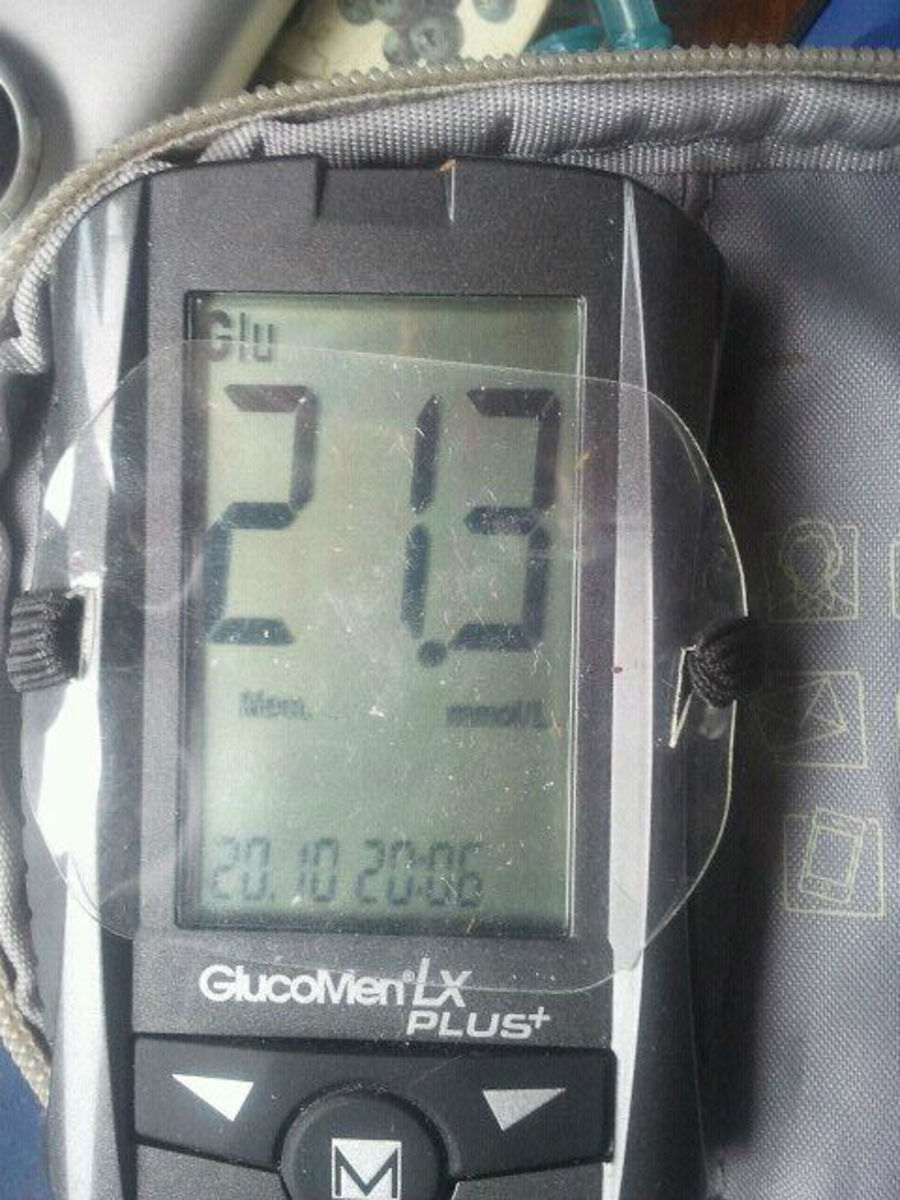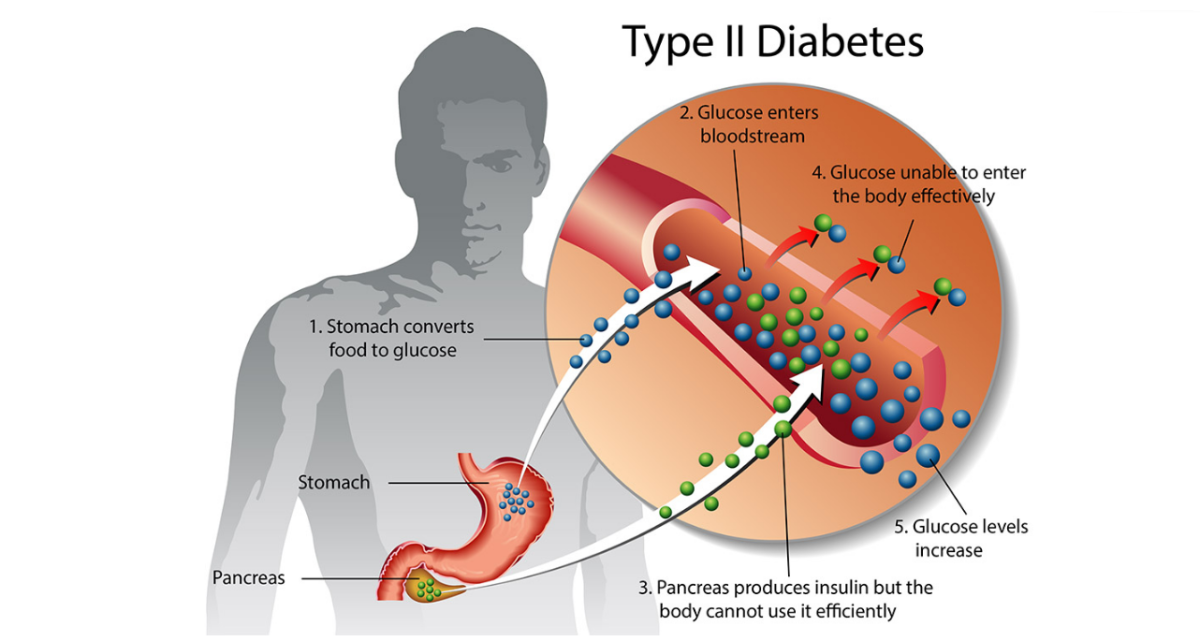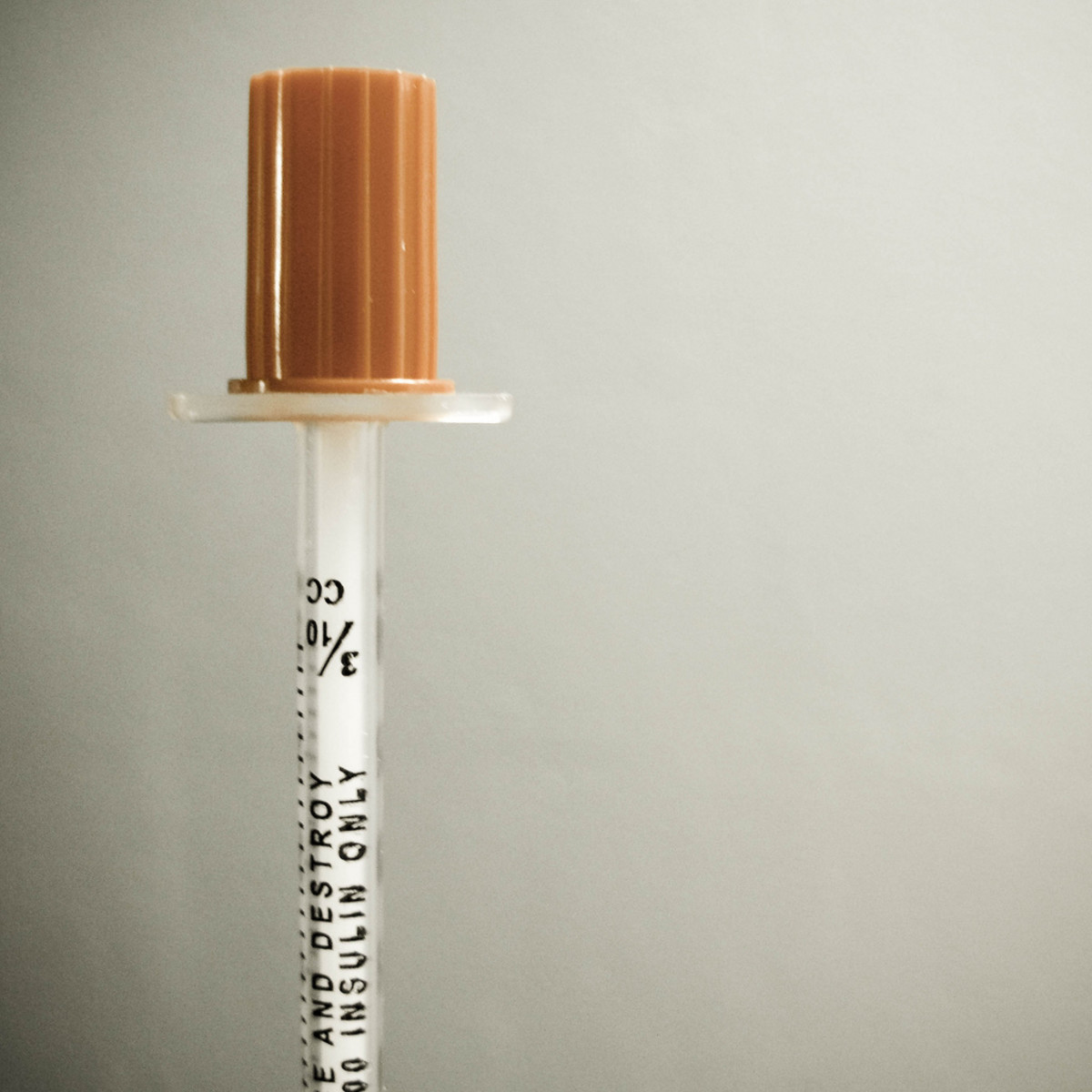Causes And Effects Of Diabetes


What is Diabetes?
Simply speaking, diabetes is a condition affecting the way your body digests food and produces energy. In a normal functioning body sugar is digested and broken down to a basic sugar, called glucose. This glucose circulates through the blood stream and enters cells to be utilized as fuel. Insulin, a hormone produced in the pancreas, assists the glucose to enter the cells. A healthy organ adjusts the amount of insulin needed. However, in diabetics, this process is interrupted and blood sugar levels become too high.
Two types of full-blown diabetes exist. Type 1 and type 2. Those having Type 1 diabetes are unable to create insulin. People with Type 2 are able to generate it, but their cells can’t process it. In either circumstance, glucose can't enter the cells and which results in high blood glucose levels. Over time, this can cause major complications.


Types Of Complications
What types of complications? Over time, diabetes can cause serious damage to the heart, blood vessels, eyes, kidneys, and nerves. So it is very conceivable someone can become blind, lose a foot or other appendage or even cause death. A person may not know damage is occurring. It's paramount to be diagnosed early, because symptoms may not be felt until it’s too late.
How problems are caused is uncertain. However, effects on small blood vessels and nerves are common. They may be the first indication problems may exist. No one can foresee who with diabetes will develop complications. Complications usually occur with those who have had diabetes for many years. But since a person can have diabetes without knowing it, a complication could be the first sign.


Stress And Diabetes
It has also been discovered stress has a severe impact on blood glucose as it causes an elevation of adrenalin in addition to other hormones. Adrenalin can make a person more resistant to the effects of insulin, so no matter if you have type 1 or type 2 diabetes stress can raise blood glucose levels.
What causes type 1 diabetes is not fully understood. What is known, however, is a person must have a genetic risk factor. Researchers are now trying to identify. Contrary to popular belief not everyone with a family history of type 1 diabetes develops it. It is also known there must also be an environmental risk. The exact environmental dynamics aren’t as yet apparent but it’s believed by leading researchers it could be connected to a virus. Here’s an interesting fact. Approximately 90 percent of people with type 1 diabetes have no family history of it. However a genetic risk has to be present for it to occur.

Sedentary Lifestyle
On the other hand, type 2 diabetes usually occurs within families. The world’s inclination toward a more sedentary lifestyle and fatty foods have caused an increase of obesity in some countries which appears to be the cause why type 2 diabetes is escalating. However, not all obese people get type 2 diabetes either.
A high blood glucose concentration impacts almost every organ in the body. current research is focusing on drugs that may reverse the damage done by high glucose levels. But, the best therapy is preventing damage before it occurs by trying to avoid excessive high glucose levels. Studies have revealed complications of diabetes, particularly those involving the eyes, kidneys, and nerves, can be significantly reduced by keeping blood glucose level below 150. Diagnosing diabetes can only be accomplished with blood glucose testing in a laboratory. A commercially purchased glucose monitor and test strips are not adequate.
The American Diabetes Association advises people without symptoms but at risk for type 2 diabetes be tested every three years. This would include people over 45, women with diabetes during a pregnancy or a baby born weighing over 9 pounds, anyone obese and living a sedentary lifestyle, anyone having high blood pressure, and those with a family history of diabetes.

A Major Concern
A major concern is shock diabetics and their families have after being diagnosed with the disorder. This is particularly a problem for those with type 1 diabetes because there is usually no family history. So many misconceptions about diabetes exist, the prominent matter is teaching those concerned about treatments and the bright outlook for a somewhat normal life if they adhere to guidelines of treatment.
Most health care professionals are experienced in diagnosing diabetes since it’s so common. Primary care physicians diagnose it most frequently in patients with or without symptoms. Eye doctors often diagnose when patients complain of blurry vision, a common first symptom. Emergency room doctors, podiatrists who see early nerve damage in the feet, cardiologists, vascular surgeons, and nutritionists are also likely to diagnose it.
For someone with diabetes, self-management skills are a necessity. Eating the same time each day, the same amount of food, exercising daily and taking medications as prescribed are all things helpful. doing these things perfectly for life is not realistic. Knowing what to do when the daily routine is interrupted, such as a late dinner, unplanned exercise, or celebrating a birthday with sweets is important.
Certain life situations also require self discipline. This would include such things as an acute illness like nausea and vomiting, surgery, pregnancy or menopause… all present problems for diabetics.
Exercise is an important part of any treatment plan. For those with type 2 diabetes, exercise improves insulin's effect on the muscle and results in lower blood glucose levels. Newly diagnosed individuals on a habitual exercise program and proper diet may need no further treatment.
For those on insulin, and type 1 diabetes, exercise needs to be strictly scheduled to prevent problems with hypoglycemia (low blood glucose). Exercise results in lowering blood glucose and either additional carbohydrates or less insulin will be needed. More frequent home blood glucose monitoring may be required. These topics should be discussed in detail with your healthcare professionals.
There are countless misunderstandings about treatments for diabetes. Most involve insulin therapy. Some think starting insulin therapy can lead to blindness or other key problem. This belief is often due to the fact a relative or friend had a similar problem. But the truth is, insulin has been shown to prevent any problems. There is no cause and effect relation between the timing of taking insulin and beginning of a complication.
Some also believe they can avoid using insulin if they are careful with their diet. The fact is over time, insulin production usually diminishes so regardless of pills, diet, and exercise, the only answer is insulin therapy. If used properly insulin presents no problems. The majority of insulin users have no complaints once they start. A more common grievance is the finger sticks for home glucose monitoring.
The goal of a diabetic is to bring blood glucose levels down to a normal range. Trying to avoiding taking insulin will always have a negative outcome.








